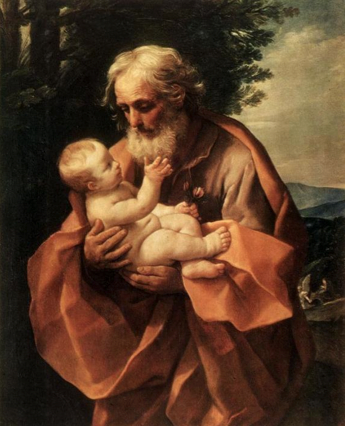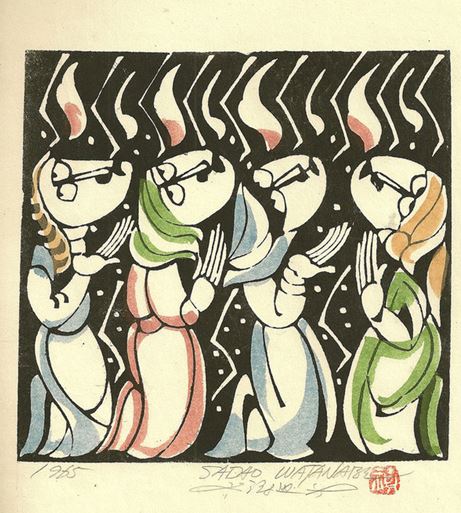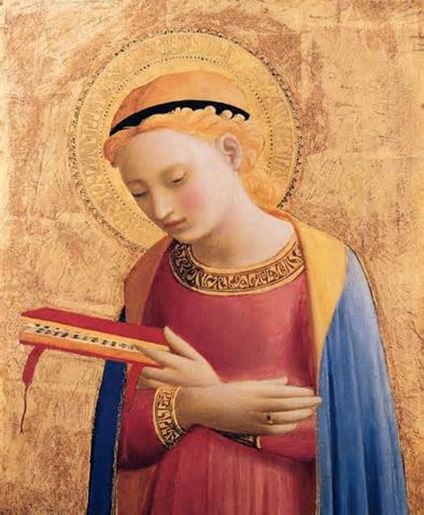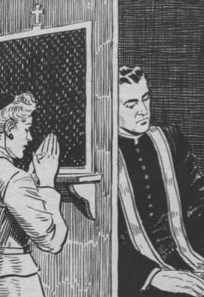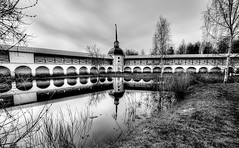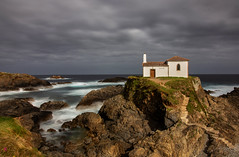Something feels off, not quite right? You must be in a bout of sadness. If so, what would lift you out the unwelcomed sullenness? Get home and grab a glass of Shiraz. It has worked before. Maybe start that book that you set on the edge of the dresser weeks ago and have passed in between the last duty and the next obligation. Fine. But, the words are uninteresting. Flip through photos to remember spring or munch on candy corn from the freezer and think of upcoming autumn. Uneventful. Sun always does the trick, so bike down to the park. Ride quick across the bridge, too. There is nothing in the Twin Cities that can revive a torpid soul like flying over the Mississippi. And so you do.
But this time it seems to be only a river to get over. How was it before? The fishing spot, the place for a long run. It was a shoreline wondering with a cigar hanging from your lip mid good conversation: like that one on the nature of space travel or whether your friends were for or against gardens inside the house. The river has been the reason for sitting all evening to watch the sinking sun. How once you were flabbergasted for a whole afternoon by the fact that this section of water somehow makes it to Memphis and Baton Rouge, and then may someday splash a Cuban kid or rain on Mongolia. Now you cross the bridge with some appreciation, of course, but in no way are you elated to sing into the wind or ride without hands. It is a bunch of water and you are entering busy traffic driven by the overworked and unaware.
It is as if there was once a kind of life to be experienced inside the kayaking or homemade Juicy Lucy’s on the grill. However, in sadness, the components are still there: trees, friends, evening time, but the crucial component is missing – that hidden life within it all. The stuff that presses itself into memory and catches you from falling asleep to the world has left your surroundings.
So what to do to get it back? Two options: fill the day with more activity and as many short thrills as one can manage. Or wait. Wait until that life comes again, and get ready for its coming. For the Christian, this life, or liveliness, is from God and can only be seen as an unachievable gift. And according to a saint, Bernard of Clairvaux, waiting is a kind of active searching: “let us wait for the Lord, let us seek after Him.” It is a brave way to remain tied to what you wait for. Waiting is not a giving up, but a realization that we cannot create our happiness, but to be ready for when it is given.
– Laura Eusterman



